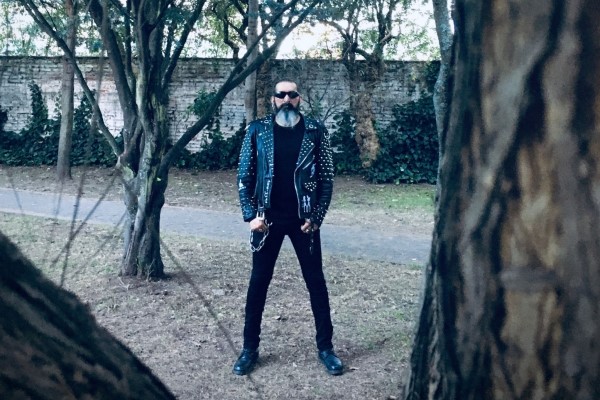You can support Terra Relicta by donating! Please, do so, and thank you!
 Ecuador-based Urku Llanthu - a solo musical project of Pablo Mesías, which transcends ancestral settings, and sounds of hypnotizing atmospheres with gloomy melodies and Andean mystics, has released its third album, Ayapampa, via Pablo Mesías' Takiri Producciones Independiente.
Ecuador-based Urku Llanthu - a solo musical project of Pablo Mesías, which transcends ancestral settings, and sounds of hypnotizing atmospheres with gloomy melodies and Andean mystics, has released its third album, Ayapampa, via Pablo Mesías' Takiri Producciones Independiente.
Urku Llanthu on Ayapampa (translation: abode of the spirits or cemetery): "Life after death, 'from one life to another', the transit of a place or space, is part of the beliefs of ancient or ancestral cultures.
The ancestral cultures were characterized by their magical-religious beliefs, usually present in the daily life of ancient communities. Death and life were one, the being did not disappear, but rather a journey to another life, to the world of the huacas, where the dead would form part of a new ayllu.
The guidelines of the rite consisted of providing the dead or dead a suitable place for their new life accompanied by a trousseau (personal objects such as their clothing, work utensils, food, etc.). The purpose was to keep the deceased appeased and comfortable in his new home to prevent his return.
The body is sacred and, as such, it must be cared for and well cared for. The deceased or the deceased were deposited in caves or vaults and were not buried or cremated, since the body had to be preserved to facilitate the transition to its new life.
On the death of the indigenous, their relatives made great cries and ceremonies before they buried them, they celebrated these cries with dances to the rhythm of drums and singing sad and lamenting phrases; in turn, accompanying the funeral rite with abundant food and drink to all who came to these mortuaries, the relatives and friends of the deceased".
Ayapampa awaits you right below. Link